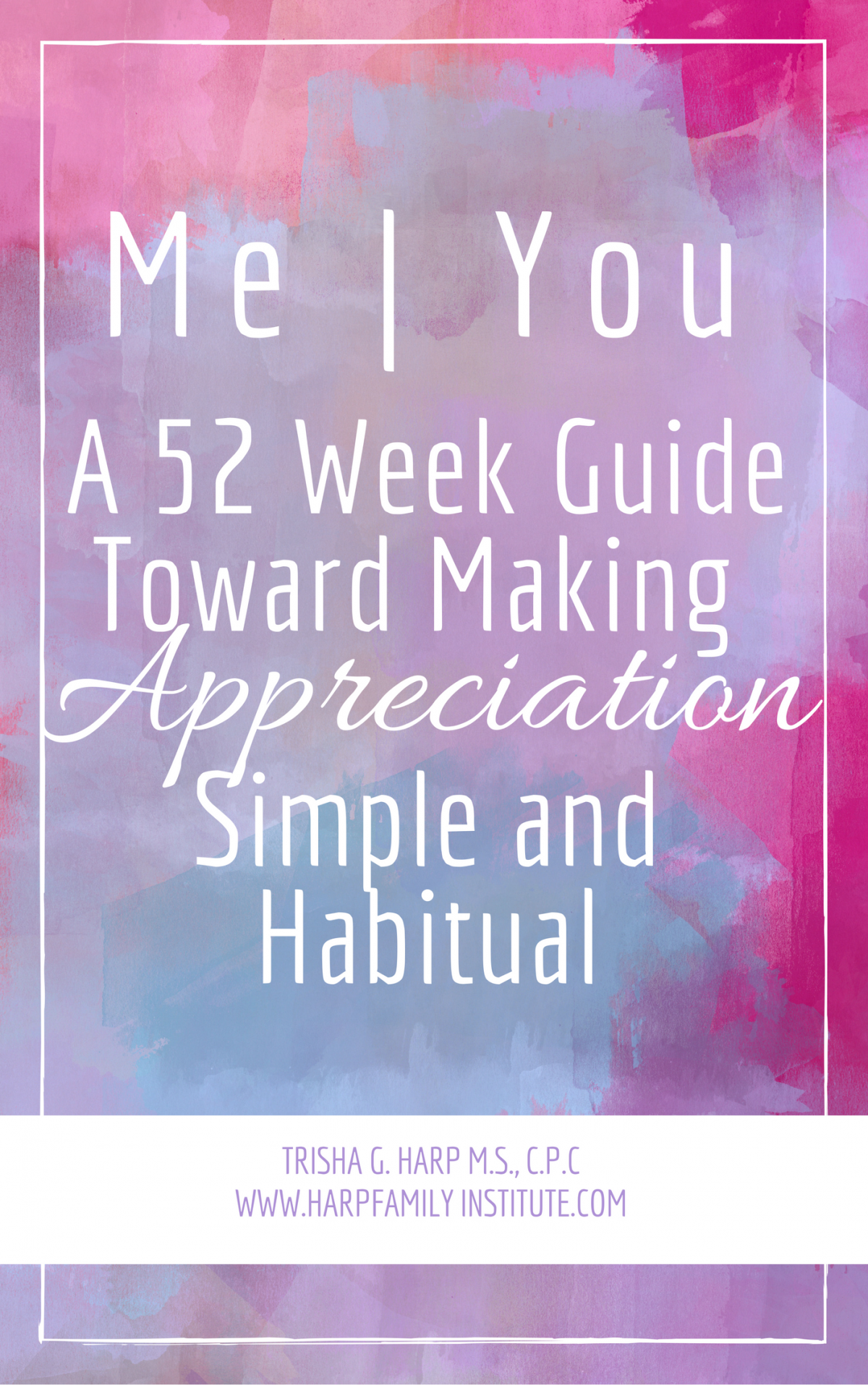As the Beatles song clearly states, “money can’t buy me love”. Ok we get that, but can it buy happiness? As an entrepreneur, a significant part of the end goal of any venture is money. Whether the goal is just to make enough to survive and provide for your family, or whether the goal is to exit your company and become independently wealthy, either way, money obviously plays a role in every business owner’s endeavor. But does it buy happiness?
Researchers have been looking at this question for decades and from several different angles. In 2010 researchers at Princeton University’s Woodrow Wilson School published the results of a study that found when someone makes over 75K a year, their happiness index doesn’t change as their income increases.
In my own, Harp Family Institute research, I used a different financial measurement and discovered similar results, but with a 100K income.
So, the question is, how, as entrepreneurs can we reconcile all the hours of hard work, the stress that comes with being the boss, the potential loss of family and friends around you due to the blinders you put on in your quest for an extraordinary life?
One answer is that at an entrepreneur’s core, the quest for happiness (as other’s define it) is not your ultimate end goal in life. There is something deeper in your soul that drives you. Is it respect? Is it power? Is it knowledge? Is it the desire to leave a legacy? The answer is not a simple one and perhaps it’s a combination of a multitude of factors, but one thing is for sure, the quest for happiness is not the number one motivator within an entrepreneur.
When I first met my husband, I made a comment about how content I was was. His response to my comment shocked (and dismayed) me. He said, “That must be nice. I don’t know if I’ve ever been truly content.” We went on to discuss this in detail, but at the end of the day, he generally always feels more can be done, and thus, feels a sense of discontentment at all times.
About a decade later, I was interviewing a man with a net worth of roughly 300M. I asked him the question, “What does it feel like to have ‘made it’?” His response also shocked me. He told me that an entrepreneur has never really made it, regardless of how much money they have, because there is always something more to do. They are always thinking about what else they can do . . .
I add the ellipsis at the end of the sentence because this is how I now view the true entrepreneur, there isn’t an end. Going out and getting a job that pays $75K IS NOT AN OPTION. Not because it’s not enough money to survive, but because the job, as millions of people around the world view it, isn’t even going to begin to scratch the itch of a true entrepreneur.
They need more. They crave more. In their souls, the drive, or as my dad used to call it, the fire in their bellies, isn’t really motivated by money, but by something much deeper. Money is merely the icing on the cake. It’s what people see. What people attribute to business ownership. Don’t get me wrong, having money is great. It’s amazing to be able to do and implement what you conceive of.
But for entrepreneurs, it’s about so much more . . .



